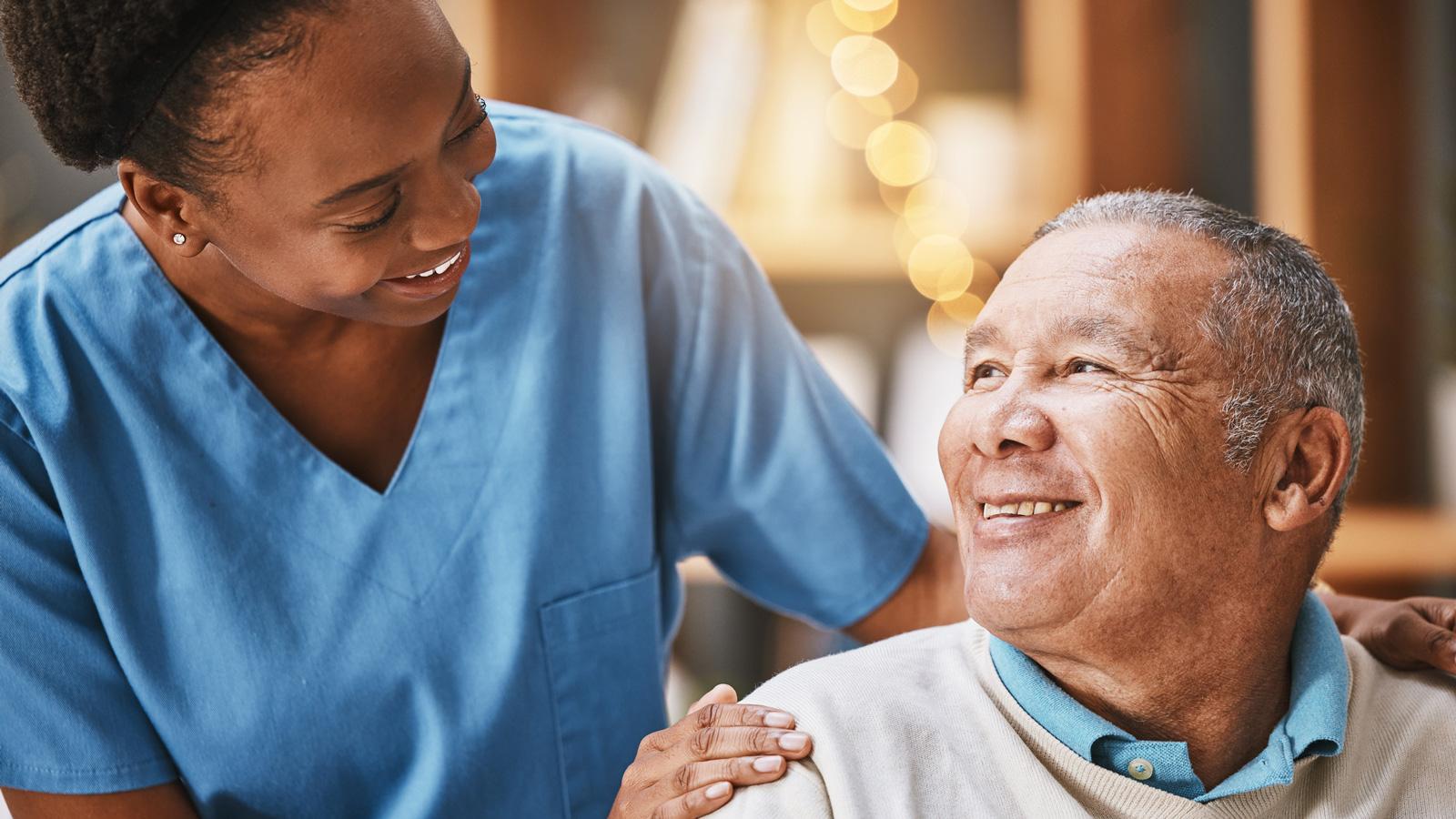How quality of life can drive equitable cancer care and outcomes

Health inequalities are increasingly evident and affect more people than ever. In chronic conditions, and cancer in particular, equitable care and outcomes are not only important, but absolutely necessary.
A topic so abstract and complicated demands an interdisciplinary approach for assessing the current situation, identifying root causes of inequalities, evaluating possible solutions, and selecting, implementing, and monitoring the most appropriate ones. This is one of the reasons that the recent Economist Annual World Cancer Series Europe conference was a very fertile ground for such discussions.
More specifically, on the second day of the conference, an interactive session was dedicated to fostering dialogue and exploring the most relevant aspects that affect equitable cancer care and outcomes across Europe. The participants were invited to take the entire patient pathway under consideration and discuss the barriers and facilitators of equitable care. Critically, the focus was placed on practices that can be adopted across Europe, and avenues for the European Parliament to participate towards positive and consistent results.
The view of non-profits and charitable organisations
I was honoured to co-moderate the discussion among several national cancer charities and international health and cancer related institutions.
Naturally, the discussion focused on prevention and early detection: information and awareness were not considered to be available in an equitable fashion, and there was substantial concern about wrong or incomplete information. The ability of a layperson to digest, distill, and act upon this input was also a concern – especially where systematic prevention and early detection programmes are missing or not fully implemented.
When it came to cancer diagnoses, it was inevitable that companion diagnostics as well as genetic and genomic testing, would be sources of inequality. Importantly, it was not just that only few patients have access to cancer centres of excellence; the critical concern was that patients were rarely aware they existed. This means that many patients may be diagnosed inaccurately or incompletely, hence possibly affecting their care and outcomes.
Moving towards the treatment pathways, although treatments are considered generally available across Europe (based on public health systems), the efficiency of treatment administration (e.g., waiting times) and level of clinician expertise (e.g., across different lines of treatment) were found to be sources of inequality. Lack of access to medicines (for specific countries or regions) was mentioned as more common than originally thought.
As the discussants further elaborated on inequalities throughout treatment, a realisation started becoming clear: it is a deeply personal aspect of the cancer journey, because it can substantially define the experience. Hence, personal preferences and the extent they can be heard and accepted can become a key factor in equitable cancer care and outcomes. These personal preferences may relate to treatment modality and administration, but they also place emphasis on the treatment side-effects and quality of life.
Can equality and personalisation coexist?
The participants felt that offering treatment options to patients, and listening to their preferences and priorities regarding quality of life, is respectful of patient rights. However, how can this be aligned with the core principles of health equality? How can personalisation lead to lower inequality?
Three components to personalisation and equality in cancer care and outcomes
A key component of personalisation has always been data and information. In the case of treatment pathways, it is important for patients to have access to complete and accurate information, in language they can understand, and received at their own time and pace. Especially if they have multiple options (which, of course, is not always the case), they deserve to contribute to the decision making process about their own care.
Furthermore, the complexity of the disease and its treatments means that the medical team should be ready and available to discuss thoroughly the impact and expected outcomes of each applicable treatment. Finally, but critically, the effects on quality of life (through adverse events or otherwise) should be analysed and discussed at the level of detail that the patient needs to better understand how their life with cancer can be affected from each of the possible options: from physical side-effects to emotional wellbeing to practical aspects of treatments, decision-making about quality of life is extremely personal.
Having received information outlined above, the patient has been equipped to make an informed decision. This decision should be personal, based on facts and preferences, and incorporate the expected experience throughout the cancer journey, and the quality of life that will characterise each of its phases. Such decisions are not always straightforward, and supportive or decision-making tools can certainly help make progress.
The third fundamental component towards equality in cancer care and outcomes is the ability of the patient to retain control over their daily life with cancer: their decisions, based on adequate information, will lead to important routines and patterns that can affect their personal outcomes. Being able to maintain a sense of agency and exercise self-care are fundamental for striving towards quality of life with cancer.
Improving equality in practice
As cancer is becoming a chronic condition, and with improved prognoses and outcomes, the focus has been shifting to patients’ quality of life. This is also one of the few areas that patients can maintain a sense of agency, but providing them with the right tools and information is paramount.
To do so, we need to recognise that “quality of life” is an extremely personal concept, and that achieving what makes sense for each patients demands access to information, ability to make decisions, and self-care.
Providing the right information and tools, and enabling patients to maintain the level of control over their own actions, is not easy. There are several frameworks, technologies, and platforms available, and hopefully more will emerge. There is a long road ahead for reducing inequalities, but such improvements are positive developments – and crucial parts of equality that we should all strive towards.













